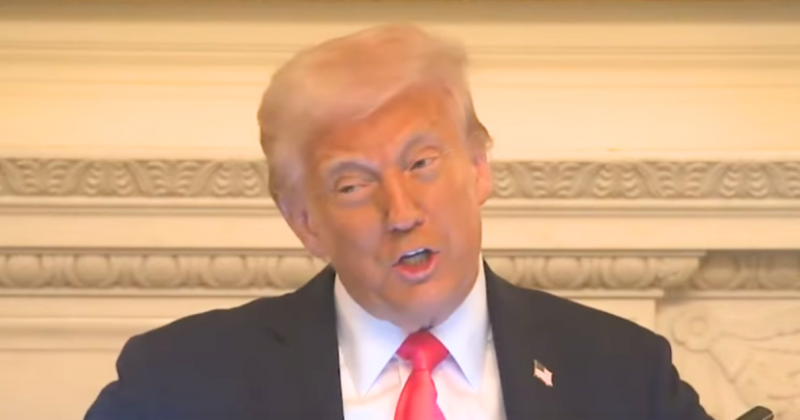A federal appeals court delivered a significant win to President Donald Trump on Monday, ruling that he possesses the constitutional authority to deploy National Guard troops to Portland, Oregon.
The decision by the U.S. Court of Appeals for the Ninth Circuit overturned a lower court ruling that had temporarily blocked the deployment.
The three-judge panel determined that Trump likely acted within his legal powers when ordering the federalization of National Guard forces.
This marks the second instance in which the Ninth Circuit has sided with the president on National Guard deployment authority, following a similar ruling in a California case.
The appeals court cited federal statute 10 U.S.C. § 12406(3) as the legal basis for its decision.
According to the majority opinion, this law permits the president to federalize National Guard units under specific circumstances.
“After considering the record at this preliminary stage, we conclude that it is likely that the President lawfully exercised his statutory authority under 10 U.S.C. § 12406(3), which authorizes the federalization of the National Guard when ‘the President is unable with the regular forces to execute the laws of the United States,’” the majority wrote in their decision.
The ruling removes what had been a legal barrier preventing the Trump administration from sending National Guard personnel to Portland.
The deployment had been halted following an order from a district court judge earlier this month.
National Public Radio reported on the development, noting that the appeals court’s decision was not unanimous.
A divided panel heard arguments from both sides before reaching its conclusion to overturn the temporary restraining order.
U.S. District Court Judge Karin Immergut had previously issued the order blocking the deployment.
Judge Immergut is a Trump appointee serving her first term on the federal bench.
In her earlier ruling, Judge Immergut made a statement about the nature of American governance.
“This is a nation of constitutional law, not martial law,” she declared when blocking the National Guard deployment, per Breitbart News.
The Ninth Circuit’s reversal represents a shift in the legal landscape surrounding presidential authority over military forces.
The circuit court is traditionally viewed as having a liberal judicial philosophy, making these recent decisions noteworthy.
Trump’s legal team has faced mixed results in various jurisdictions regarding National Guard deployments.
While the Ninth Circuit has now ruled in favor of the administration twice, other courts have reached different conclusions.
On Oct. 16, a separate federal appeals court in Illinois maintained a lower court decision that temporarily prevents National Guard federalization and deployment in that state.
That ruling remains in effect as of the Ninth Circuit’s Monday decision.
The Trump administration has responded to the Illinois court decision by petitioning the Supreme Court.
The administration is asking the nation’s highest court to intervene and reverse the Illinois ruling.
The legal battles over National Guard deployments involve questions about the balance of federal power and presidential authority.
Courts across different circuits are weighing the same statutory provisions but reaching varying conclusions.
The statute at the center of these cases grants the president authority to federalize National Guard units when regular military forces are insufficient to enforce federal law.
The interpretation of when this threshold is met has become a point of legal contention.
Portland has been the site of ongoing concerns about public safety and law enforcement capabilities.
The Trump administration has argued that federal intervention is necessary to address these challenges.
The Ninth Circuit’s decision allows the deployment to move forward while legal challenges continue.
Temporary restraining orders are preliminary measures, and further court proceedings may follow.

